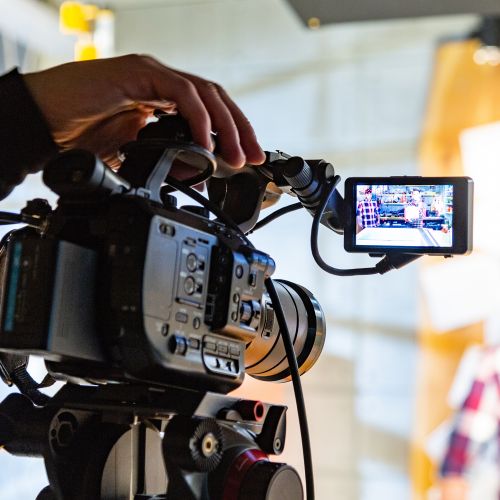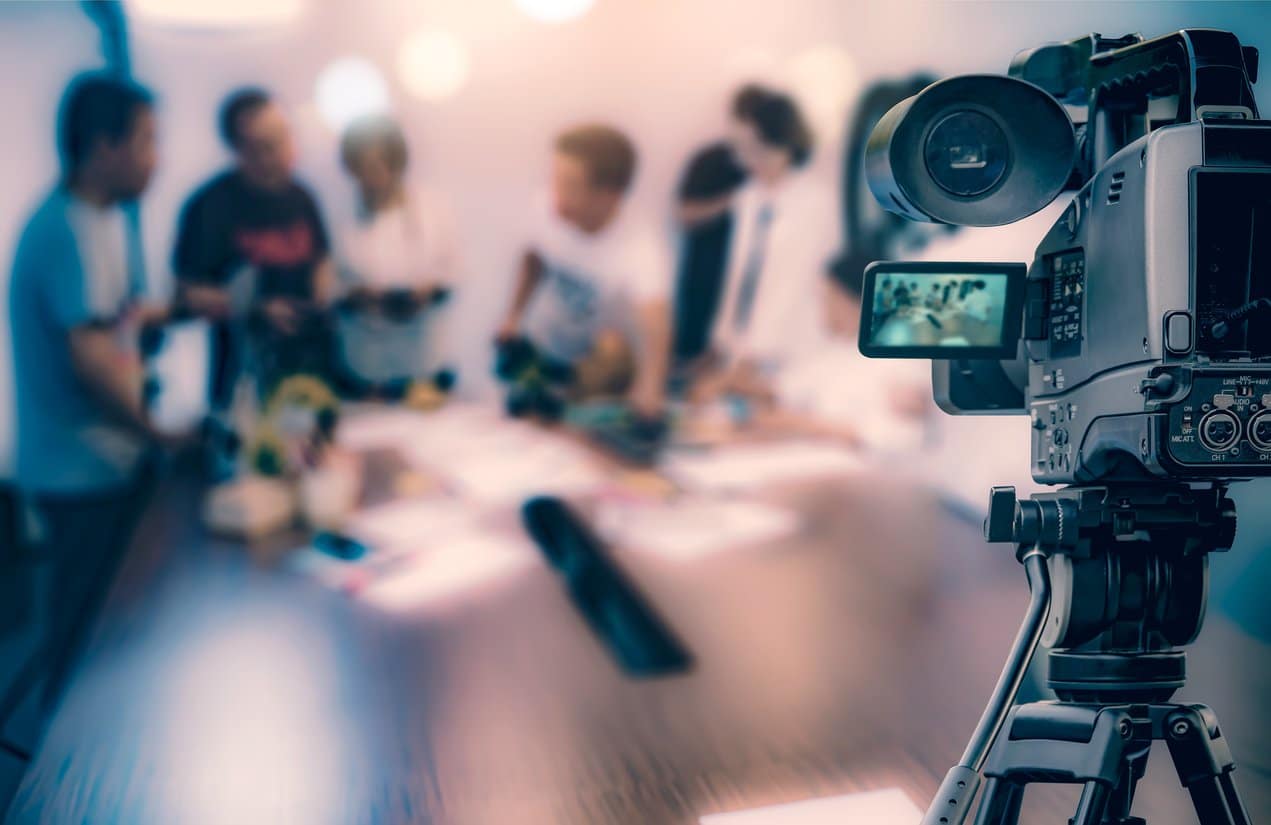The Function of Lawful Videography in Depositions and Trials
Lawful videography has actually emerged as a necessary device in both depositions and trials, providing a complex method to recording witness statements. As legal specialists progressively identify its worth, it motivates a much deeper exam of exactly how these aesthetic documents can influence juror understandings and test end results.
Relevance of Legal Videography
Legal videography plays a critical role in the documents and presentation of depositions and trials. This customized field combines technological skills with lawful understanding to create a reputable record of process that can dramatically influence case end results. The appearance of lawful videography boosts the understanding of witness statement, permitting jurors and judges to observe not just the talked words however additionally the attitude, emotions, and body movement of the witnesses.

The importance of lawful videography prolongs beyond the court room; it likewise plays a crucial function in preserving proof for future recommendation, whether for allures or more lawsuit. Its combination right into the legal procedure is crucial for guaranteeing a reasonable and exact representation of the facts, eventually contributing to the pursuit of justice.

Process of Legal Videography
While recording the subtleties of depositions and trials, the procedure of lawful videography involves several vital actions that ensure top notch, exact recordings. A professional lawful videographer prepares by assessing the case products and recognizing the specific demands of the deposition or test. This preparation includes familiarizing themselves with the participants and the context, which aids in catching significant information.
On the day of the recording, the videographer establishes the essential tools, which typically consists of high-definition video cameras, microphones, and appropriate lighting. Guaranteeing ideal angles and audio high quality is vital, as it directly affects the effectiveness of the recording. The videographer communicates with lawyers and individuals to develop procedures, guaranteeing that everyone understands the recording procedure.
Throughout the deposition or trial, the videographer carefully tape-records the proceedings, paying attention to both spoken and non-verbal signs. legal videography. This consists of capturing the disposition and reactions of witnesses and attorneys. After the session concludes, the videographer may modify the video footage for clarity and conformity with lawful requirements, producing a last product that accurately mirrors the procedures for future reference and usage in legal contexts
Advantages in Depositions
The unification of videography in depositions provides numerous benefits that boost the general procedure of gathering proof. One main benefit is the capacity to capture witness statements with aesthetic and auditory fidelity, providing an extra accurate representation of the witness's temperament, tone, and body language. This multidimensional approach enables attorneys and juries to analyze reputation much more effectively than traditional written records alone.
Additionally, videographed depositions work as an effective tool for maintaining statement. Needs to a witness become not available for test, their tape-recorded deposition can be played in court, making certain that their proof stays obtainable and relevant. This element dramatically decreases the threat of losing vital information that might affect instance outcomes.
Additionally, using legal videography promotes much better preparation for lawyers. Reviewing video footage permits legal teams to evaluate and fine-tune their approaches, determining strengths and weak points in their cases. This primary advantage can cause even more engaging a fantastic read discussions in court.
Lastly, videography boosts the overall expertise of the deposition procedure, instilling confidence in clients concerning the thoroughness of their lawful depiction. By leveraging technology, legal experts can substantially enhance the effectiveness of depositions.
Effect On Tests
In several tests, the integration of videography can dramatically affect the presentation of proof and the jury's understanding. Legal videography records witness testimonies and important proof in a dynamic format, allowing jurors to involve with the material on several levels. This aesthetic part boosts the narration aspect of a trial, supplying context and psychological resonance that standard text-based evidence might do not have.
Moreover, video recordings can function as effective tools for impeachment during cross-examination. When discrepancies develop between a witness's previous declarations and their court room testimony, video evidence gives an objective referral that can sway jurors' viewpoints. This immediacy and clearness can bolster the trustworthiness of a celebration's narrative while all at once threatening opposing debates.
Additionally, making use of videography can assist enhance complicated info, making it more easily accessible to jurors who might struggle to realize detailed information presented solely with spoken testimony. By combining visuals with acoustic information, lawful videography can enhance retention and understanding, ultimately affecting the court's decision-making process. Consequently, the effect of videography in tests extends past plain aesthetics; it plays a crucial duty fit the legal landscape and results.
Future Trends in Legal Videography
As we look towards the future of lawful videography, numerous emerging fads guarantee to improve its duty within the court room. One considerable trend is the integration of synthetic knowledge (AI) in video clip evaluation and modifying - legal videography. AI can simplify the process of determining vital moments in tape-recorded depositions, enabling attorneys to promptly access relevant content, consequently improving efficiency in instance official source prep work
In addition, the increase of online reality (VR) and enhanced reality (AR) technologies is anticipated to change exactly how jurors experience evidence. By immersing jurors in a substitute environment, these modern technologies can offer a much more extensive understanding of complex scenarios, leading to even more enlightened considerations.

In addition, the enhancing demand for remote depositions, increased by the COVID-19 pandemic, will likely continue. Lawful videographers will certainly require to adjust to new software application and systems to make certain high-quality recordings in virtual settings.
Last but not least, the growing emphasis on data protection will certainly demand more stringent methods for keeping and sharing video clip evidence. As the legal landscape develops, lawful videographers should remain abreast of these trends to maintain their significance and effectiveness in the judicial process.

Verdict
In summary, legal videography serves an essential feature look at here now in the judicial process, enhancing the honesty of depositions and tests. As technology proceeds to evolve, lawful videography is positioned to additional change its function within the legal landscape.